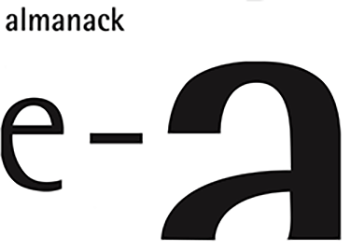Abstract:
Under the royalist model - which perpetuated the right of patronage and the Catholicism condition as the official religion of the Brazilian Empire - the clergy and laity who entered the new constitutional phase, occupying a prominent place in the representative sphere, discussed plural issues, including the theme of ""religious freedom", differently treated by representatives of the regalist and ultra-mountain Catholicism. Considering the historicity behaved for appropriation of the doctrines and the institutionalized practices that structure the religious field, this article analyzes a particular controversy, which polarized regalists and ultramountinists in the regency period: the arrival of Protestants in Brazil. It particularly examines the publications of two ultra-mountain publicist priests who stood out as the main opposition to the arrival of Methodists in Brazil: Luis Gonçalves dos Santos - nicknamed "Father Perereca"- and William Paul Tilbury, English priest who had emigrated to Brazil and here changed his name to Guilherme Paulo Tilbury. From a theoretical point of view, it relies on the pertinence of Pierre Bourdieu's theoretical tools, when dealing with the configuration of the "religious field" in Brazil in the first half of the nineteenth century, revealing the nature of disputes over symbolic capital, interwoven with alternative models of the relationship between State and Church.
Keywords:
Ultramontanism; Protestantism; Church; State.
